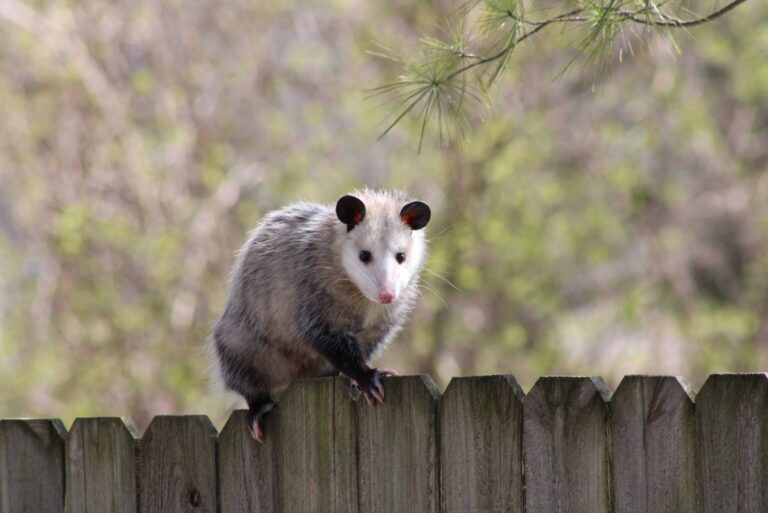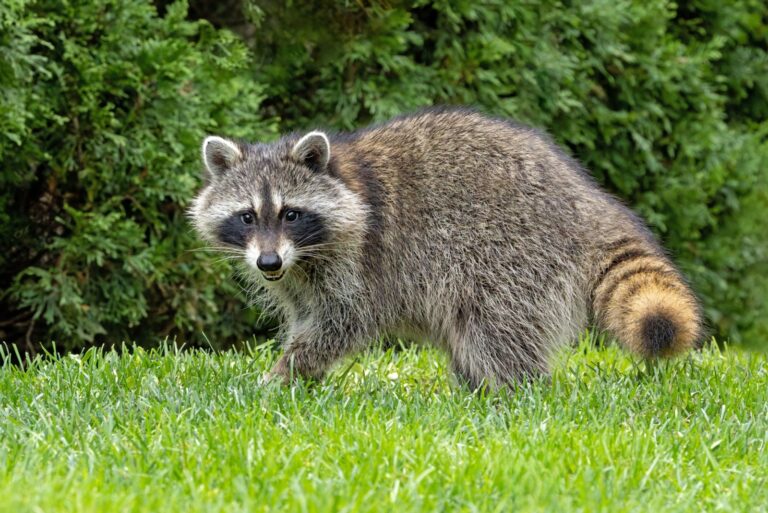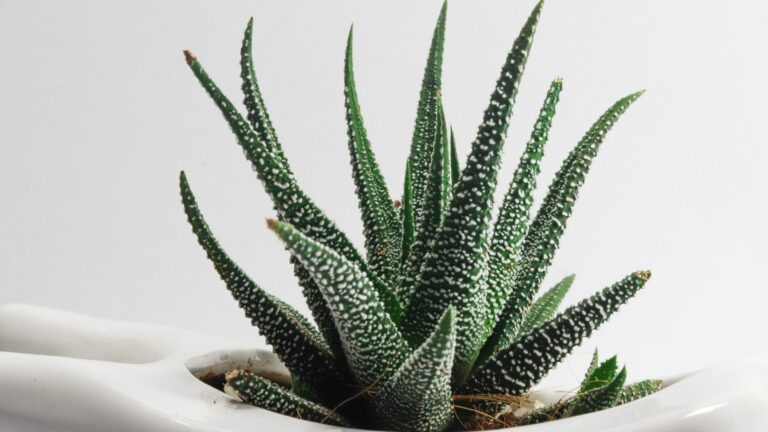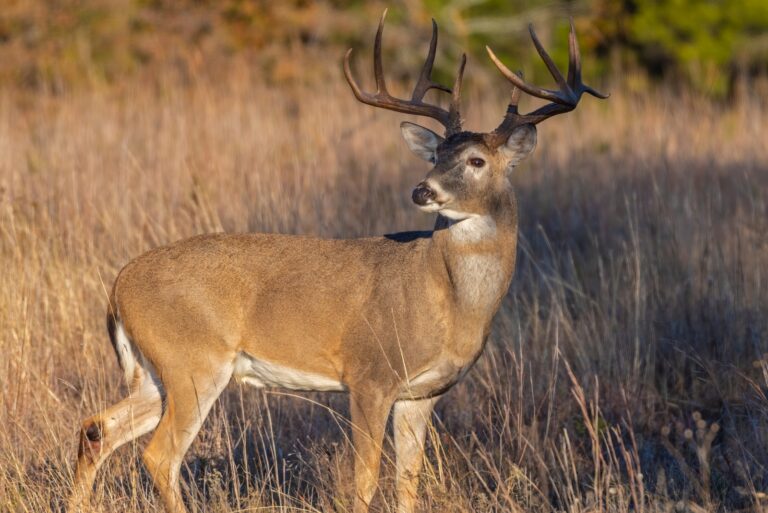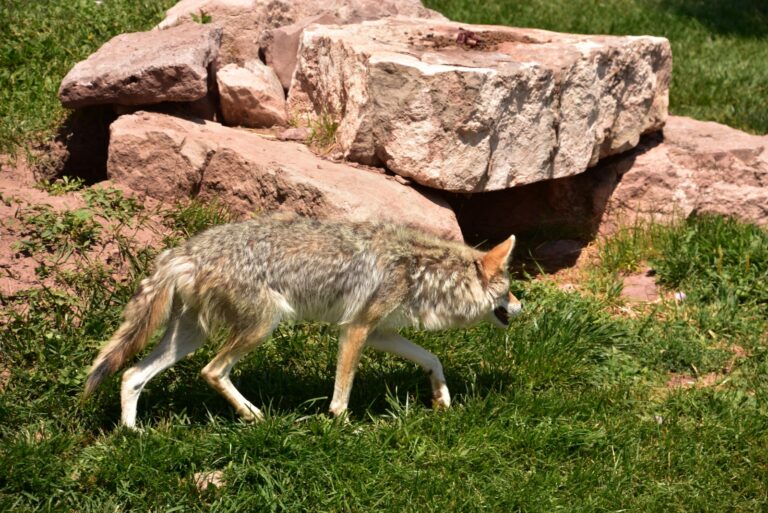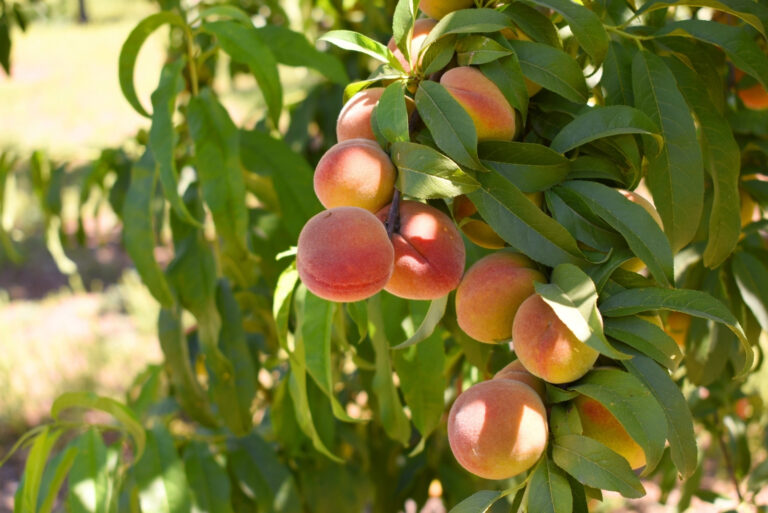12 Surprising Illegal Crops Missouri Residents Should Avoid
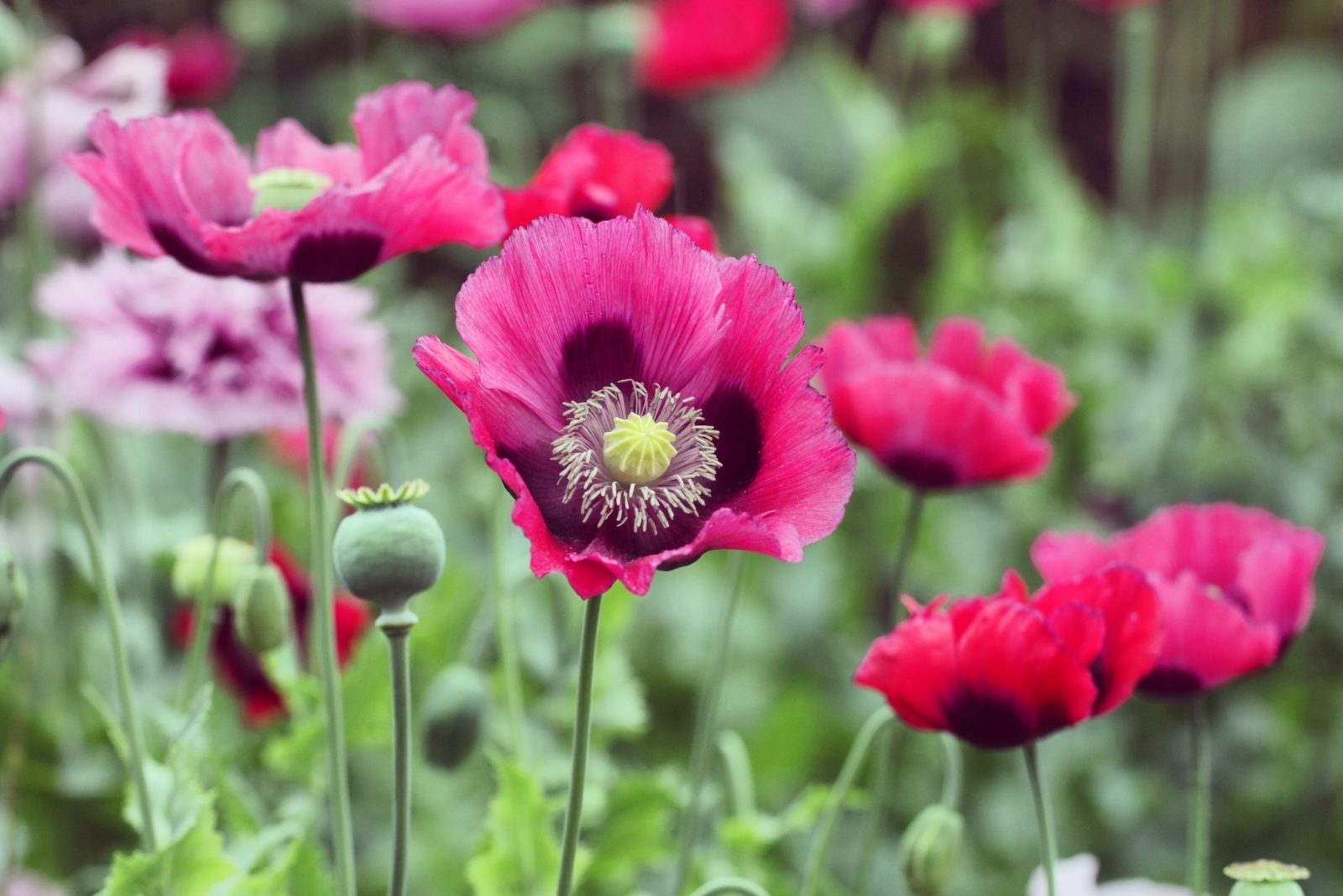
Missouri gardens can be a lot more adventurous than most people think, and not always in a good way. These 12 crops might seem harmless, but growing them could land you in legal hot water.
I found this out after chatting with a few local gardeners who didn’t realize some plants carry restrictions. Keep reading now so you know what to avoid before planting seeds that could cause headaches.
1. Opium Poppies
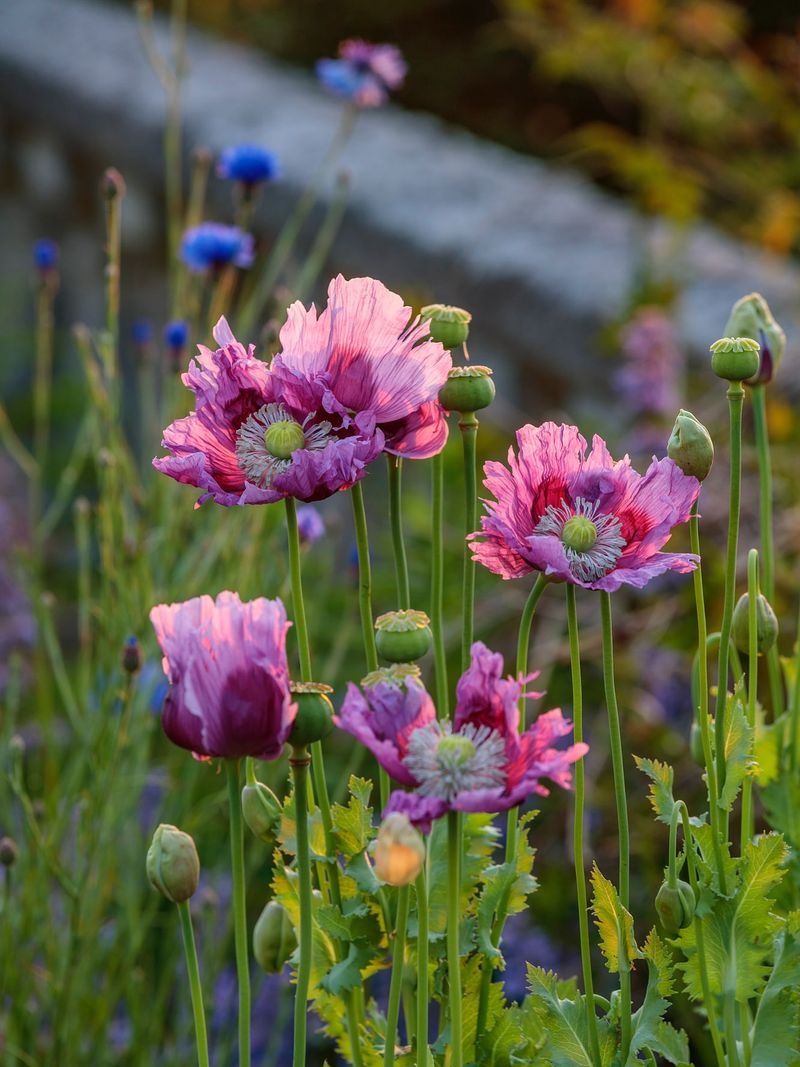
The beautiful blooms might tempt gardeners, but these flowers contain compounds used to make dangerous narcotics. Missouri strictly prohibits growing these deceptively pretty plants anywhere in the state.
Authorities don’t typically target ornamental varieties, but intentionally cultivating Papaver somniferum for its narcotic properties will attract serious legal consequences.
2. Peyote
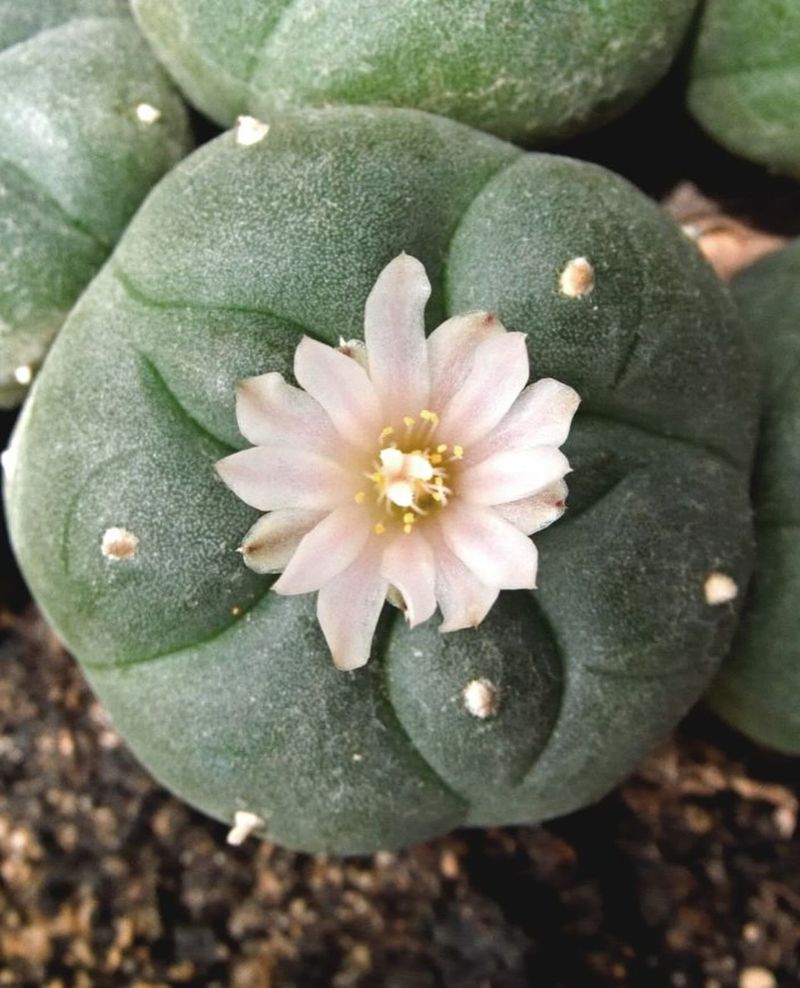
This small, button-shaped cactus contains mescaline, a powerful hallucinogen. Federal law classifies it as a Schedule I controlled substance, making cultivation illegal throughout Missouri.
While some Native American religious ceremonies receive exemptions in certain states, Missouri offers no such protection for growing this desert plant within state boundaries.
3. Coca Plants
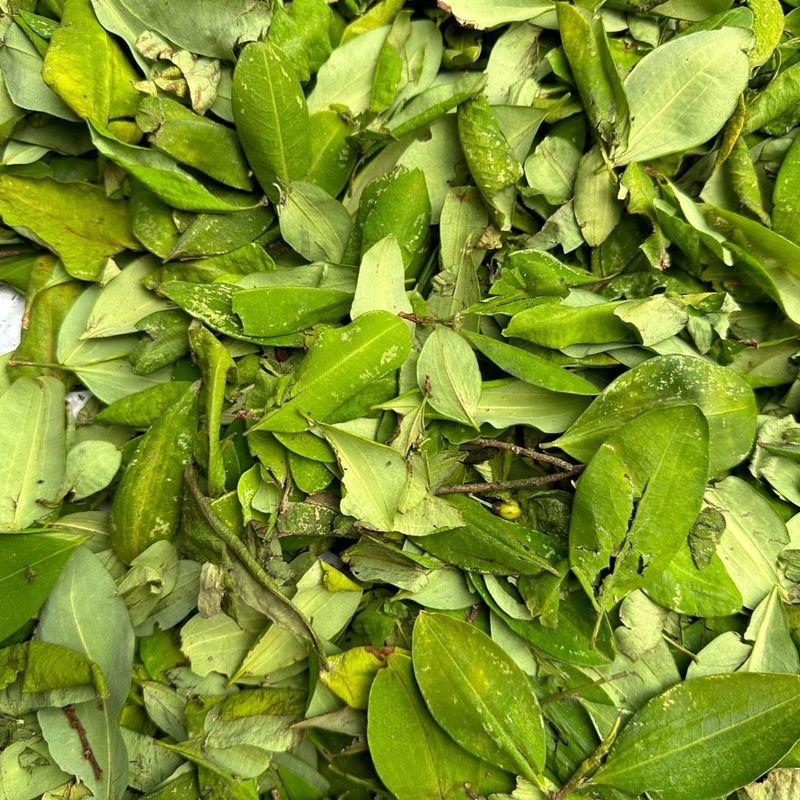
You might associate these plants with South America, but attempting to grow them in Missouri is definitely against the law. The leaves contain alkaloids used to produce cocaine.
The climate isn’t suitable anyway, but Missouri authorities take a zero-tolerance approach to anyone attempting to cultivate this plant for any purpose within state lines.
4. Khat
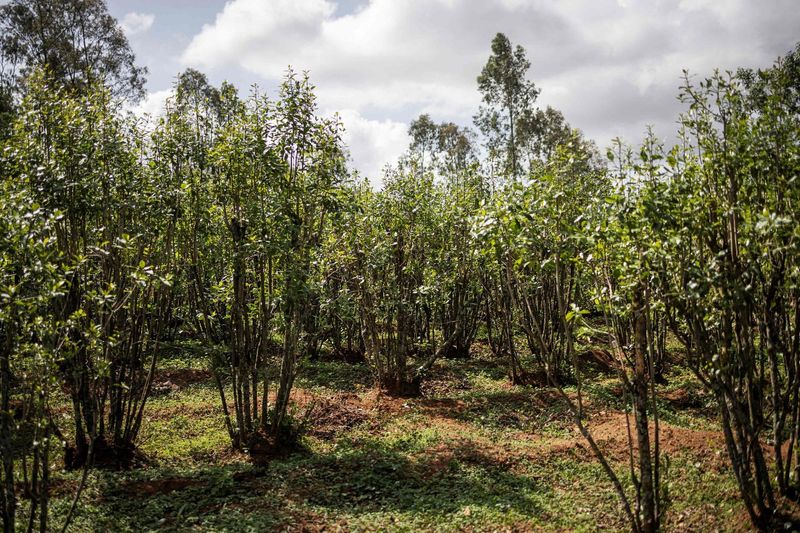
This East African shrub contains cathinone, a stimulant similar to amphetamine. Though less familiar to most Missourians, it’s classified as illegal throughout the state.
Some immigrant communities traditionally chew khat leaves for their stimulant effect, but growing this plant in your Missouri garden could result in serious drug cultivation charges.
5. Salvia Divinorum
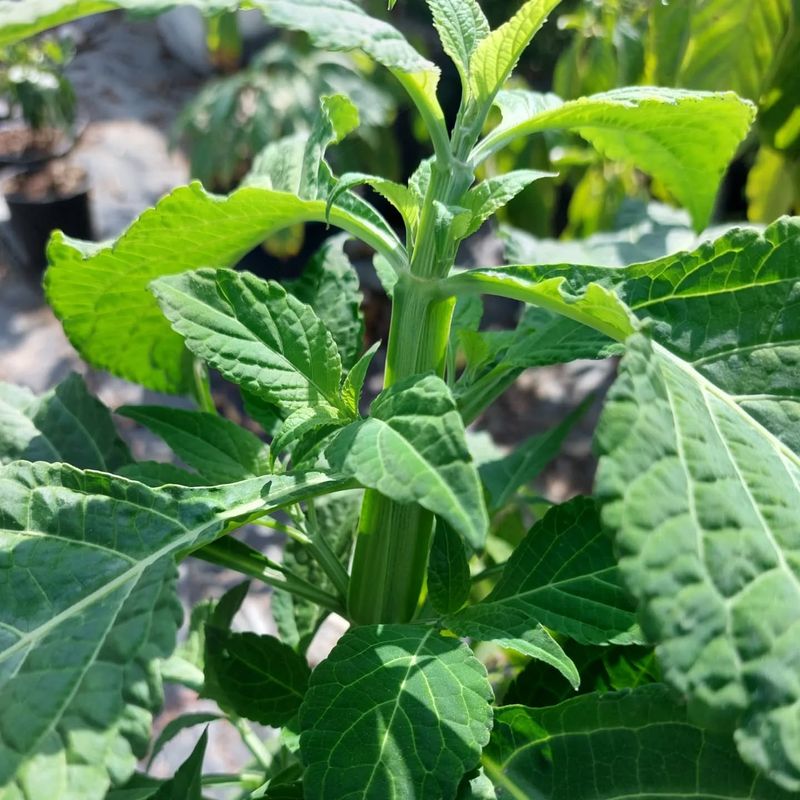
Often confused with ornamental sage plants, this specific variety produces powerful hallucinogenic effects. Missouri law specifically prohibits cultivating this mint family member.
While some states have varying regulations, the Show-Me State maintains strict rules against growing this plant known for its intense but short-lived psychoactive properties.
6. Iboga
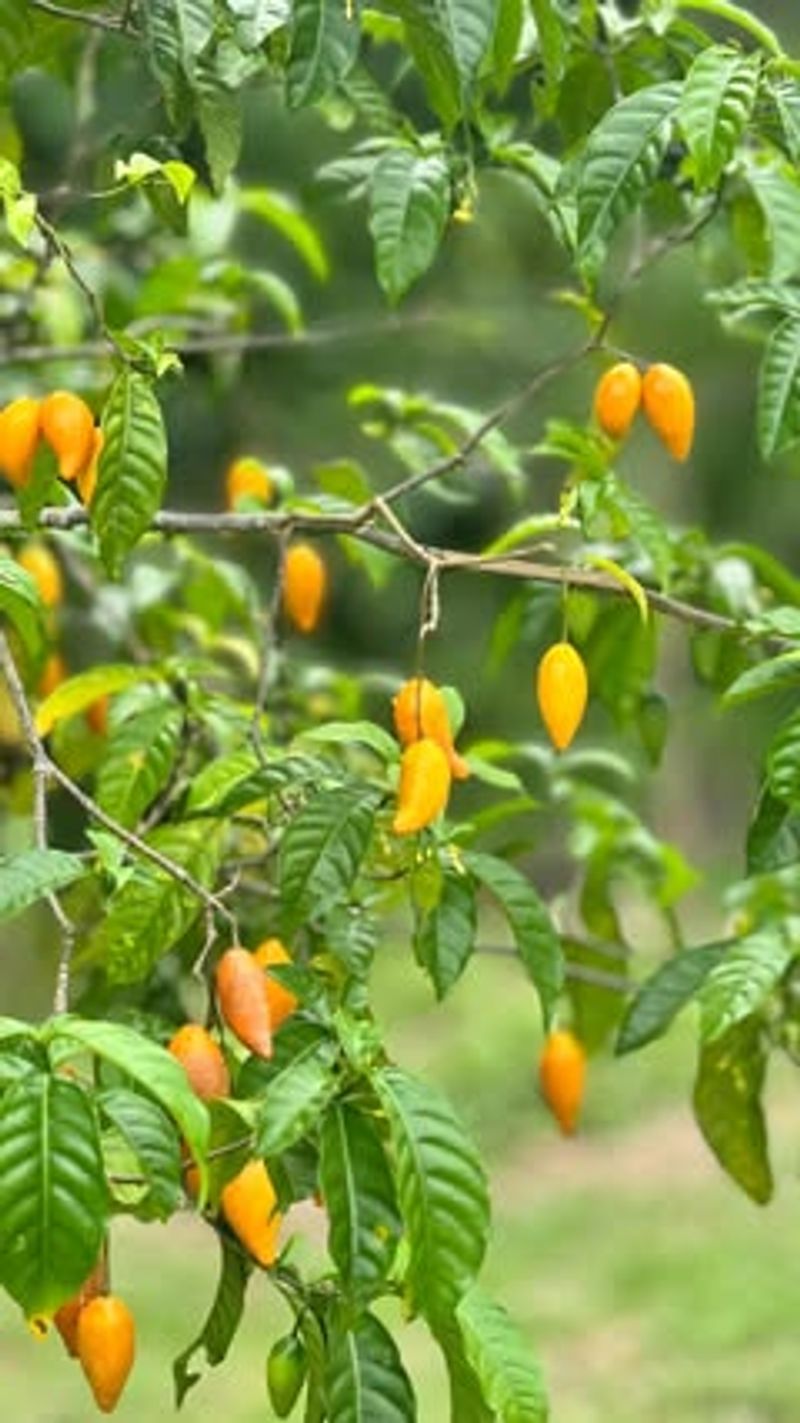
This African shrub contains ibogaine, a powerful psychoactive compound. Missouri classifies it as a controlled substance, making cultivation illegal throughout the state.
Despite some interest in its potential therapeutic applications, growing iboga plants in your Missouri garden remains prohibited and can result in serious legal consequences.
7. Jimson Weed
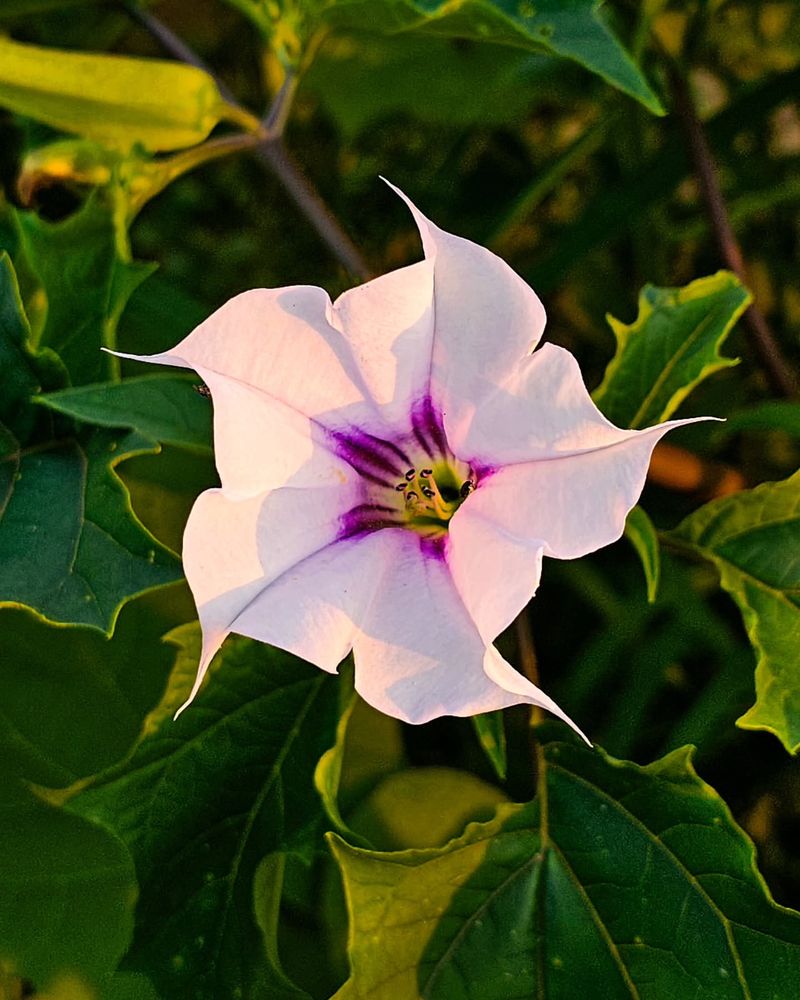
Also called devil’s trumpet, this poisonous plant grows wild in Missouri but intentional cultivation is discouraged and potentially illegal. All parts contain dangerous tropane alkaloids.
Missouri authorities may take action against anyone deliberately growing large amounts, especially if there’s evidence of intended misuse of this highly toxic plant.
8. Kratom
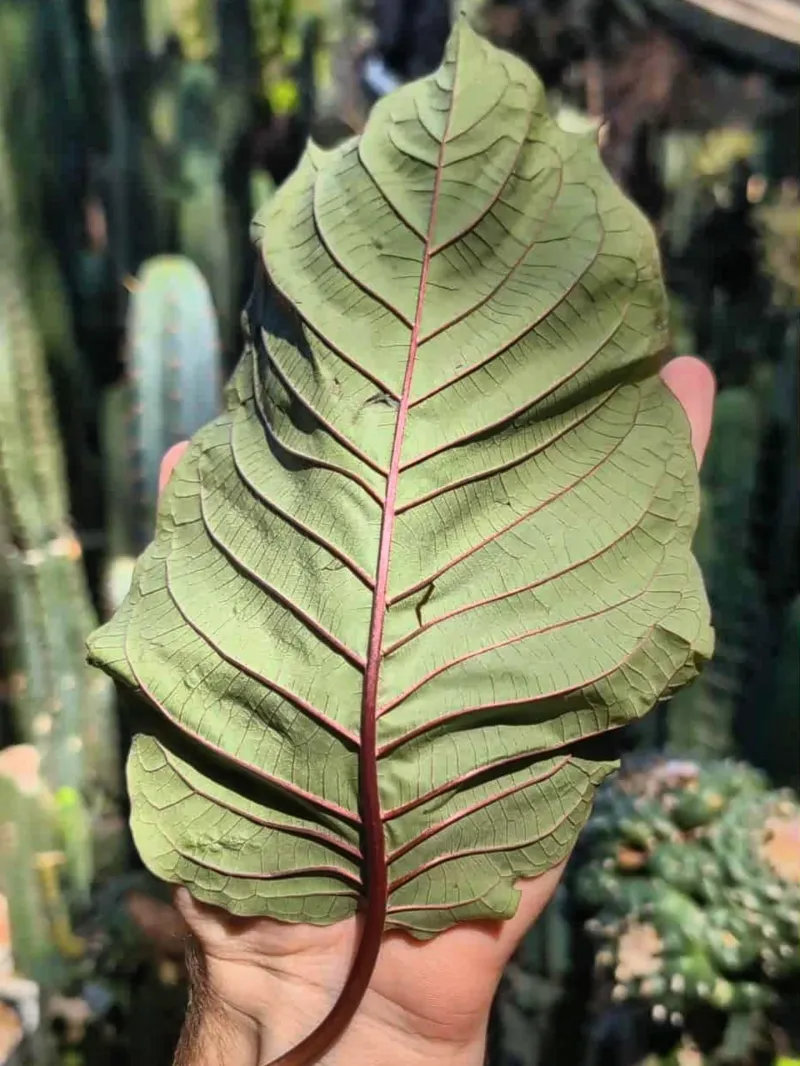
This Southeast Asian tree produces leaves containing compounds with opioid-like effects. Missouri has considered banning it completely, and cultivation exists in a legal gray area.
While some counties in the Show-Me State have already prohibited kratom, growing these trees could potentially violate state agricultural regulations and controlled substance laws.
9. Morning Glory
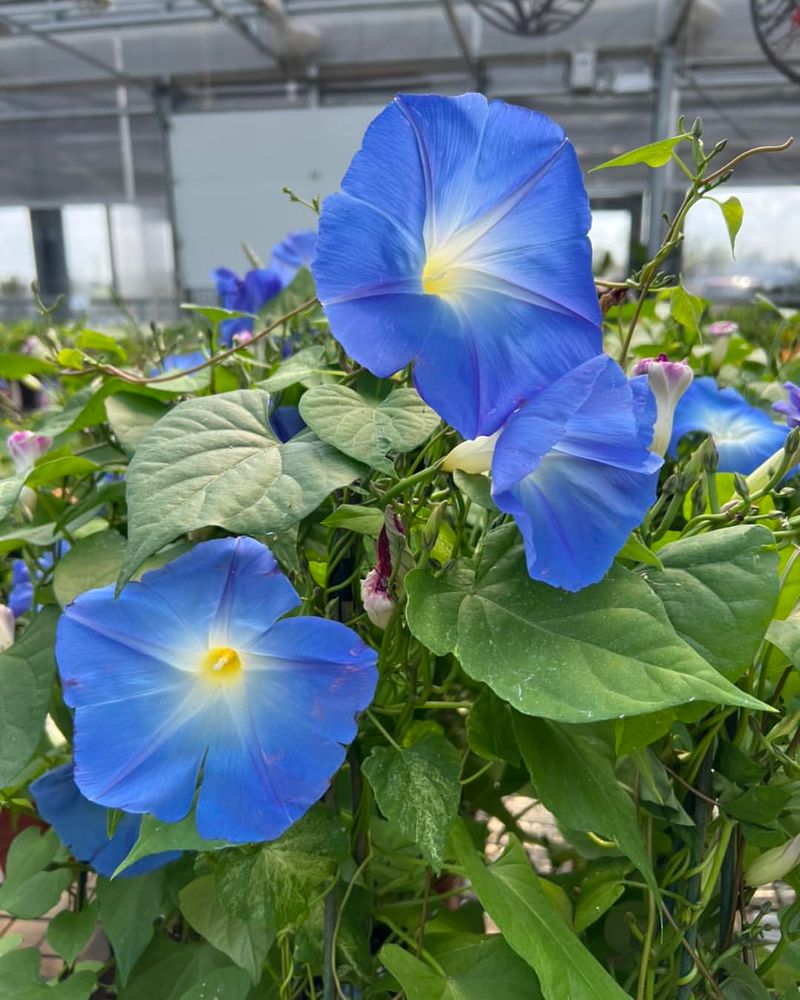
Certain varieties contain LSA, a compound similar to LSD. While many morning glory varieties are legal ornamentals in Missouri, specific types are monitored.
Growing Hawaiian Baby Woodrose or certain Ipomoea varieties specifically for their psychoactive seeds could potentially violate controlled substance laws in the Show-Me State.
10. San Pedro Cactus
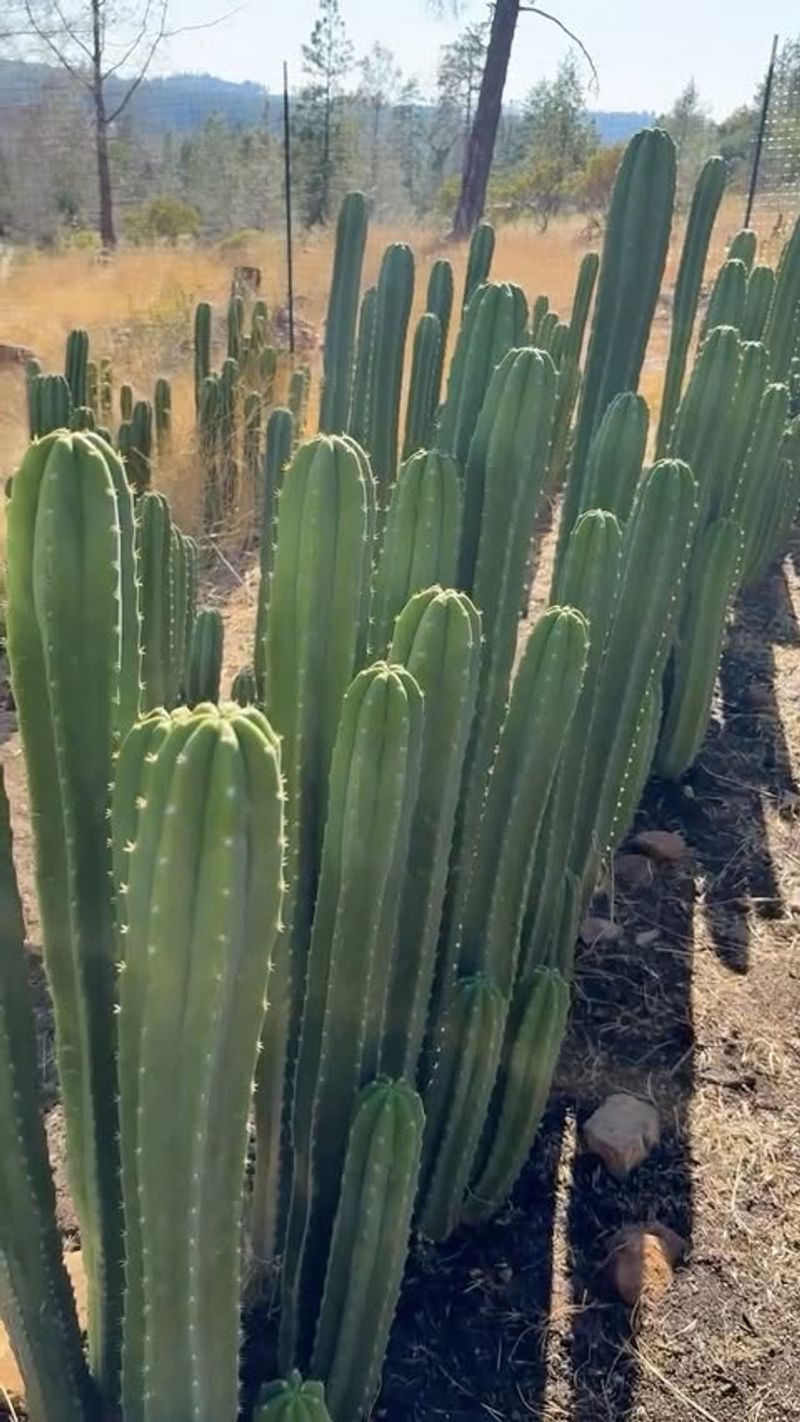
This columnar cactus contains mescaline, similar to peyote. While often sold as ornamental plants in Missouri, growing them specifically for drug production is illegal.
The line between ornamental and illegal intent can be blurry, but Missouri law enforcement may investigate large-scale cultivation of these distinctive cacti if drug production is suspected.
11. Ephedra
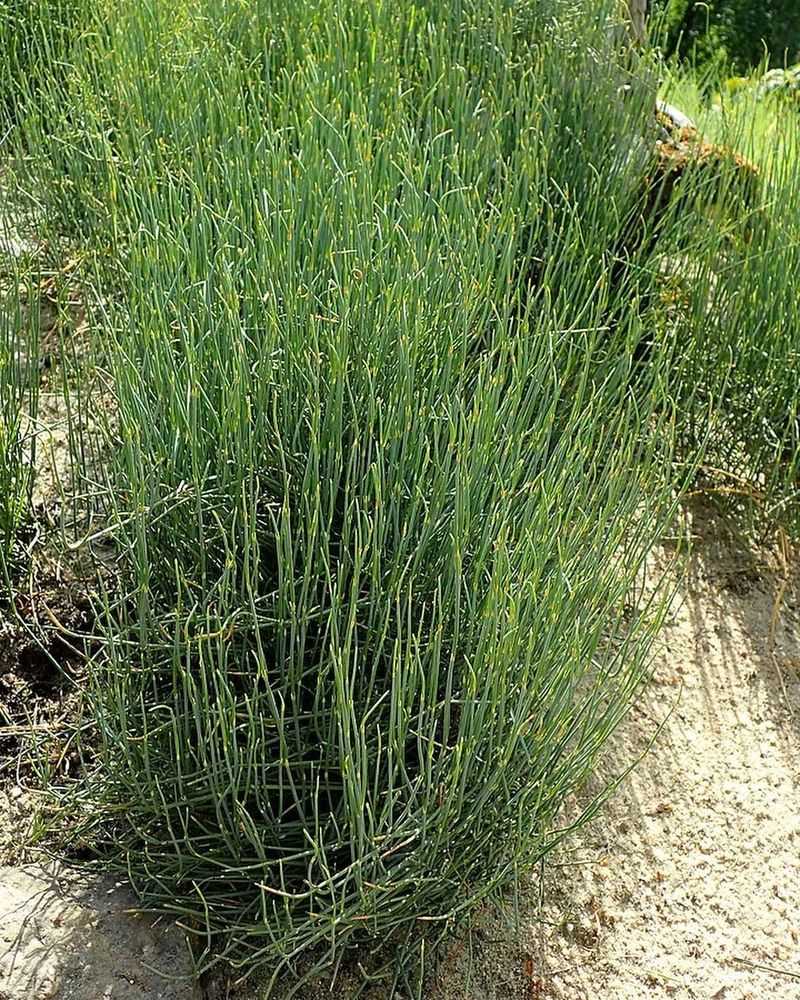
Known as Mormon tea or ma huang, this plant contains ephedrine used in some weight loss products. Missouri restricts its cultivation due to its use in methamphetamine production.
The plant itself isn’t widely known among Missouri gardeners, but growing it could potentially violate state regulations controlling precursor chemicals used in illegal drug manufacturing.
12. Invasive Hemp
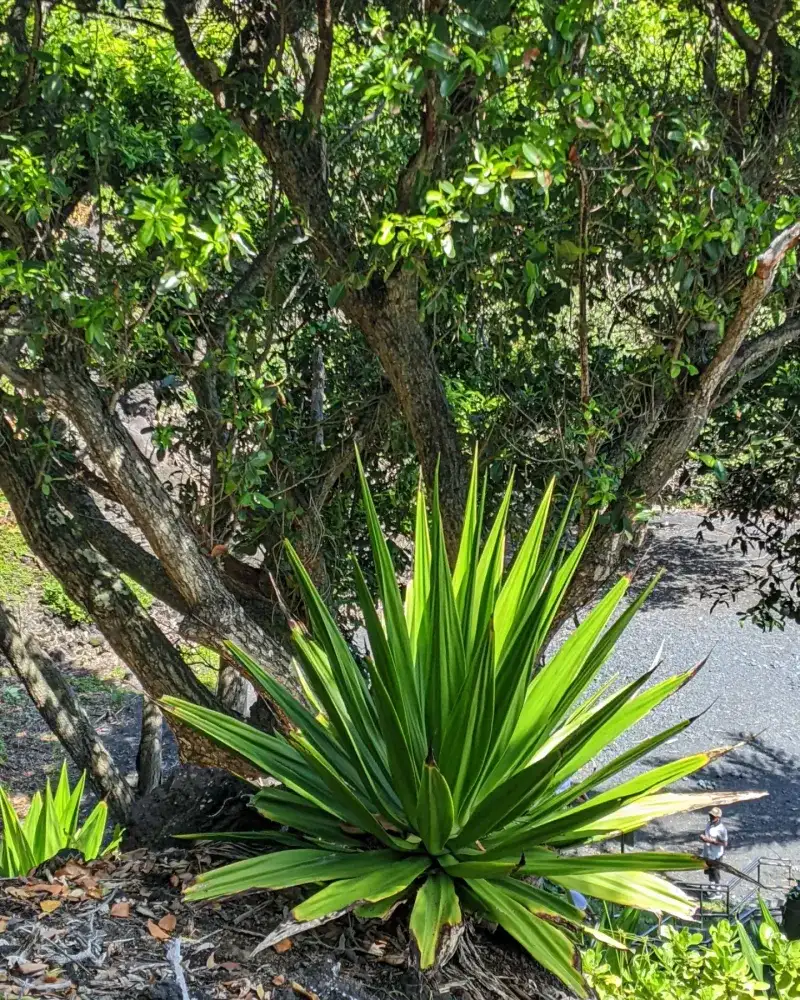
While industrial hemp is now legal to grow with proper licensing in Missouri, unauthorized or feral hemp varieties are prohibited. These plants can quickly become invasive environmental threats.
The Show-Me State maintains strict regulations on hemp cultivation to prevent uncontrolled spread and to distinguish legitimate farmers from those potentially hiding illegal cannabis operations.

